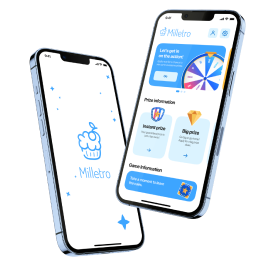TeleMedicine Platform for Women’s Mental Health
A telemedicine platform for women to access therapy, approach mentors for support and become mentors to others, and talk to other women in a safe, stress-free, and supportive environment.
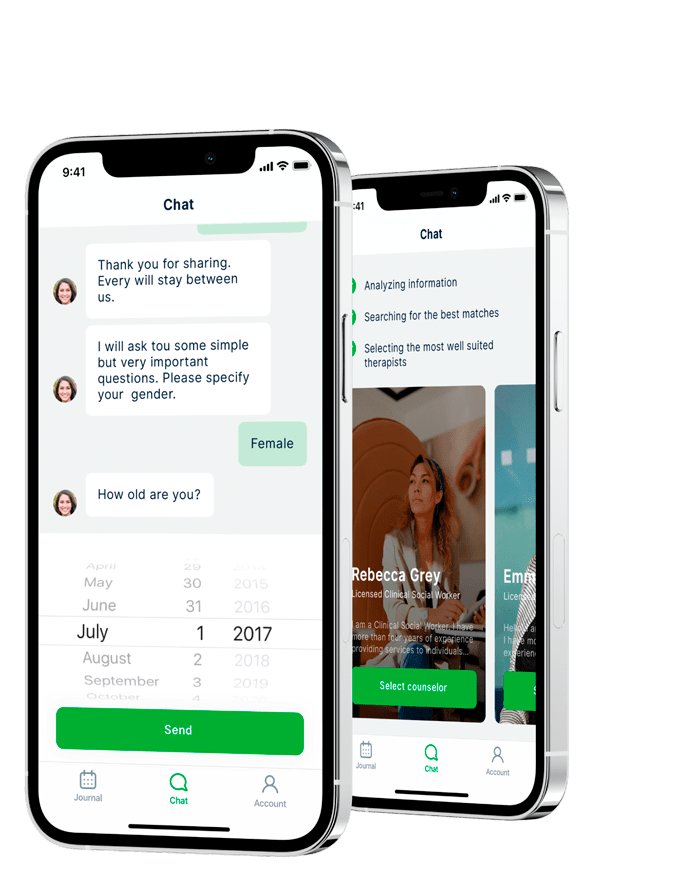
Engagement Model
Time & Materials
Effort & Duration
Ongoing, since January 2020
Solution
iOS app & web app for users, web app for therapists, web admin panel
Project Team
4 developers, 1 BA, 1 QA, 1 PM
Tech stack / Platforms
About the client
The client is an American entrepreneur with 7+ years of experience building products in the tech field. He has launched a few successful startups (including an e-reading app and a dating app), built up strong expertise in the tech market, and came up with an idea for another startup.
Client request
The client approached us with an idea for a marketplace that would connect therapists and people who need their help. The idea behind the marketplace was to enable people to take care of their mental health on the go, providing them with access to talk therapy at their fingertips. Wanting to make sure that his idea was backed up with solid expertise in the telehealth industry, the client decided to reach out to Itexus. The project began in January 2020, and by the end of March, we had already released an MVP called LifeHelp. But by early May, it became clear that the marketplace model wasn’t going to work. What remained unaddressed was the fact that the typical person looking for a counselor’s help isn’t at a point where they’re able to conduct an extensive search for a therapist, reading and comparing reviews and making tough choices — by the time they’ve decided to seek out therapy, they’re usually at a point where they need to get help right away. As a result, the client made the decision to pivot from creating a marketplace to a SaaS platform. The idea was to pass transfer the burden of finding a suitable counselor from the patient to the platform, which would utilize a chatbot to explore a user’s needs, goals, and pain points, after which it would shortlist three specialists for the patient to choose from. It was also decided that the target audience would be narrowed, catering specifically to women. These decisions would turn out to be a major turning point for LifeHelp.
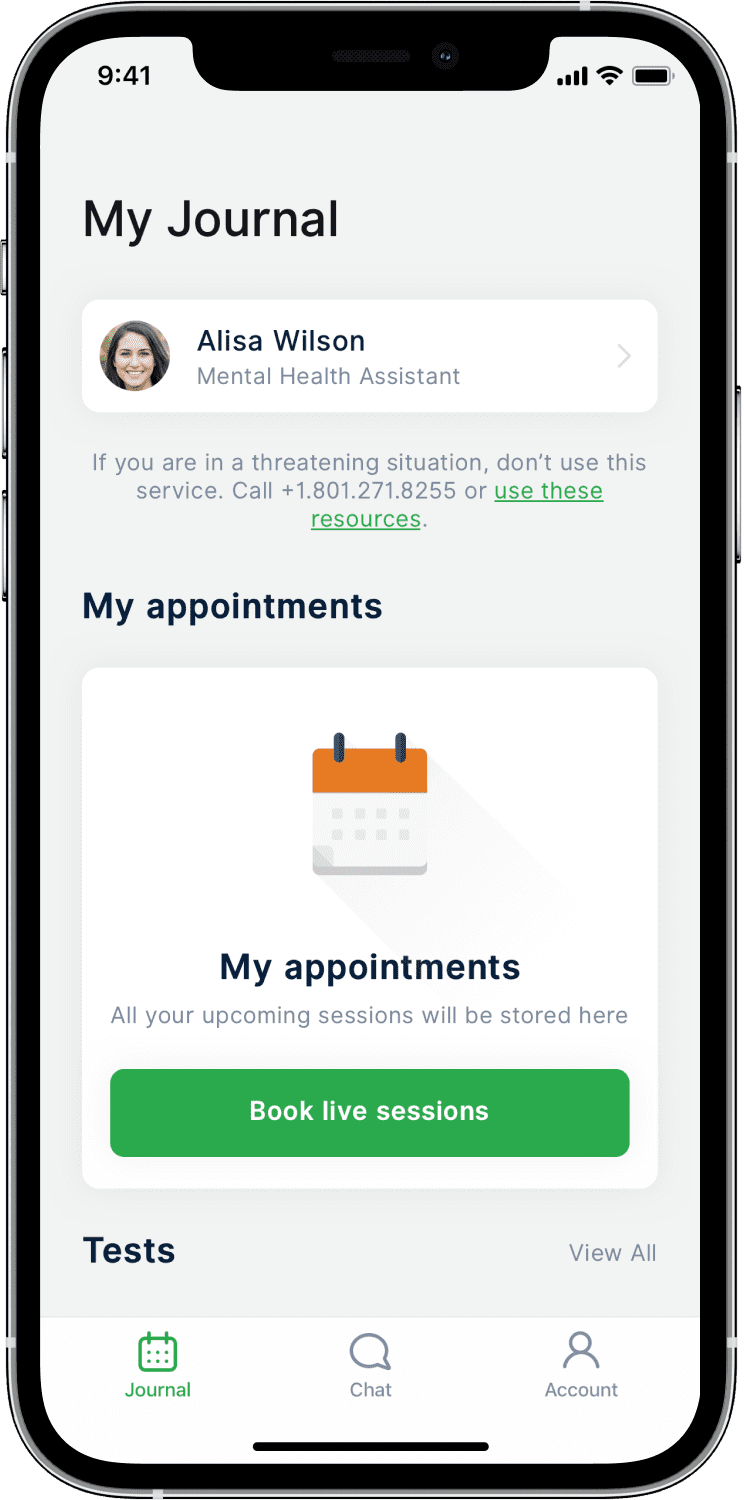
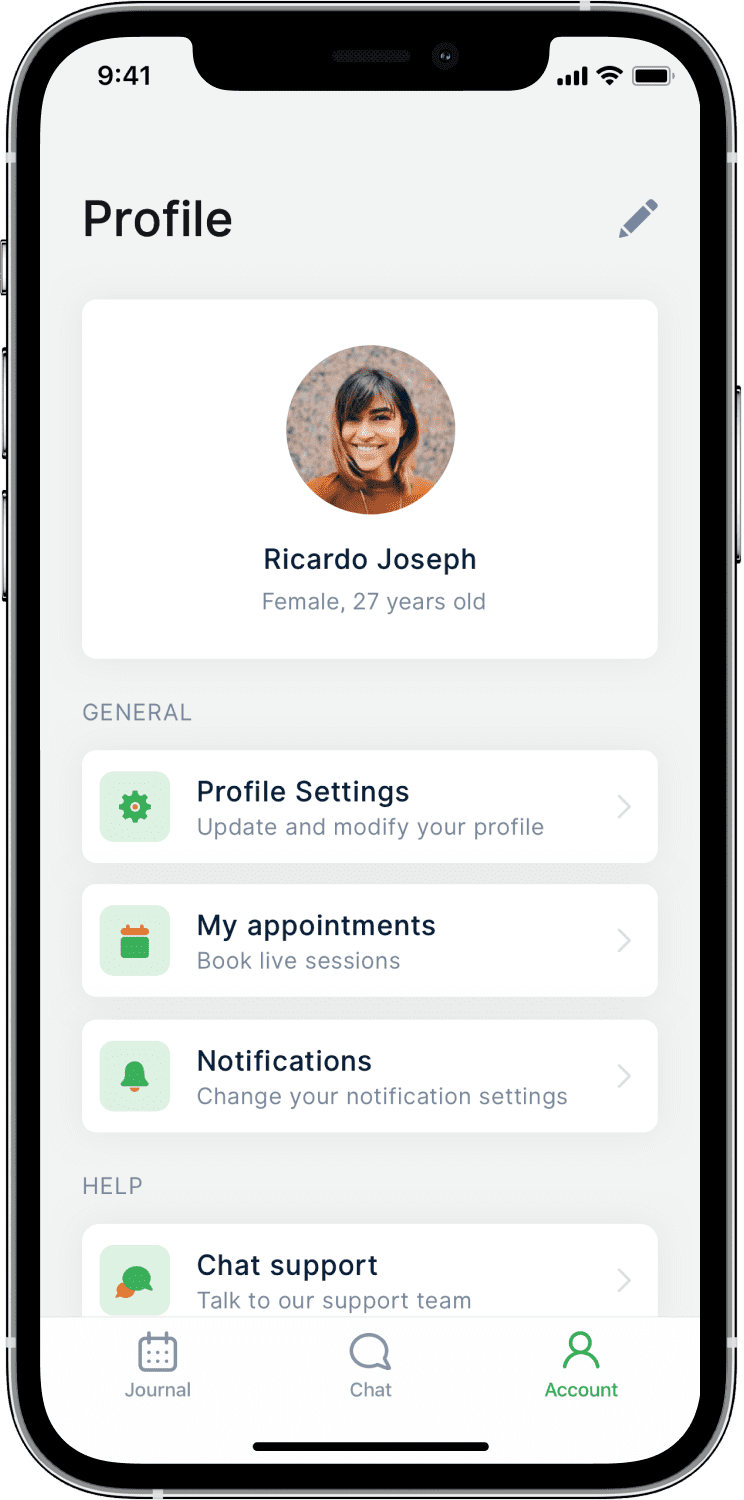
Target audience
As a result, the client made the decision to pivot from creating a marketplace to a SaaS platform. The idea was to pass transfer the burden of finding a suitable counselor from the patient to the platform, which would utilize a chatbot to explore a user’s needs, goals, and pain points, after which it would shortlist three specialists for the patient to choose from. It was also decided that the target audience would be narrowed, catering specifically to women. These decisions would turn out to be a major turning point for LifeHelp. In pre-pandemic life, at least, women still had their own time for little rituals to maintain their mental health. But once the pandemic hit in March 2020 and lockdowns ensued, the resulting social isolation, stress, and for many, increased caretaking responsibilities, made it so that many lost access to the rituals that allowed them to recharge and take care of themselves. Staying engaged and fruitful was much harder whilst working from home, especially with the added factors of kids or relatives who needed to be taken care of. It was harder to draw lines between work and rest, effectively resulting in situations where many women had to be ‘on’ and work from early morning to late at night. Being socially isolated from their larger support network for months and having minimal access to personal space and their own time ultimately resulted in many women finding themselves under near-constant stress and exhaustion. For many, it triggered mental health conditions previously undealt with, or exacerbated existing ones. And while under normal circumstances they would have been able to turn to therapy, this certainly wasn’t a viable option for most during the peak of the pandemic. In response to this, LifeHelp’s primary goal was to create a comfortable, stress-free virtual space where women could feel safe being vulnerable and get help — from therapists, mentors, and a supportive community of other women facing similar challenges and issues.
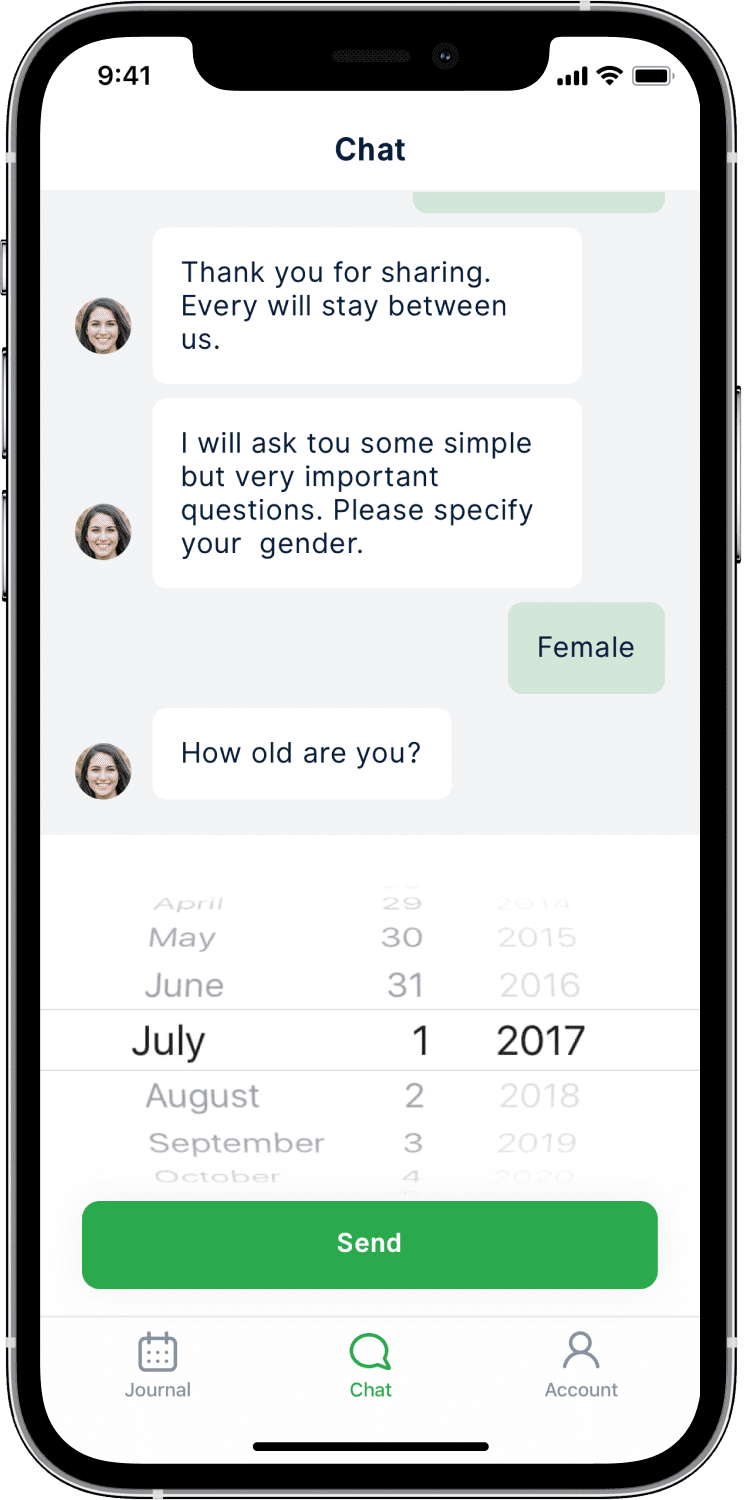
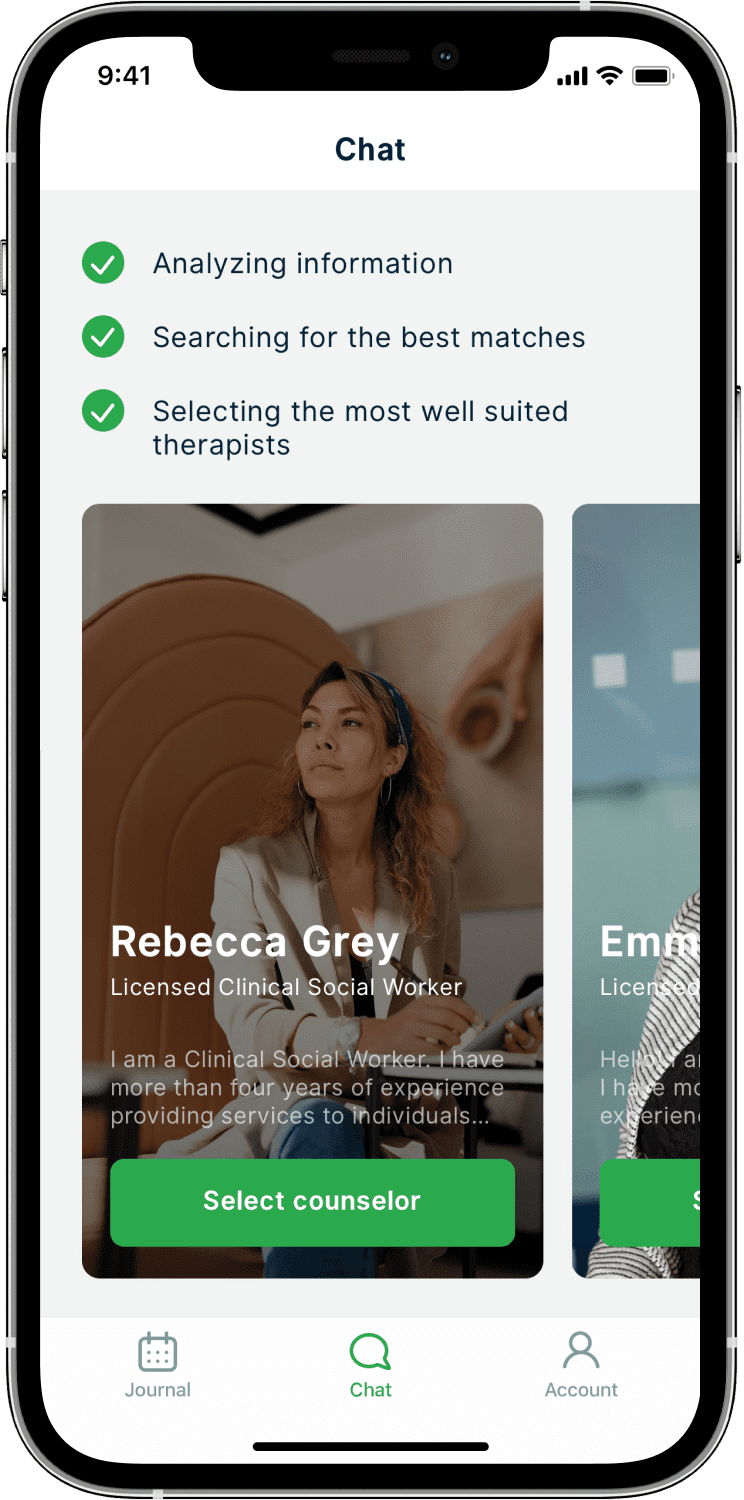
Project challenges
After the MVP launch in March 2020, we saw that platform visitors were leaving at high numbers, leading to a bounce rate that was not satisfactory. We began to explore the problem, putting ourselves in the user’s shoes to see what our platform was like from their perspective.
• Changing business model
We had to change the business model and reinvent the platform concept and structure from scratch. Empathy for users was what ultimately helped us to come up with the idea of the subscription model — we created a platform that assumes the brunt of users’ responsibility and makes their lives easier.
At the first ideation session, we clearly understood that we had chosen the wrong business strategy. It became obvious that a person who needs help simply can not take responsibility for another challenge like choosing a therapist. We were a bit frustrated by this discovery as we thought that the marketplace model would fit, and it was quite challenging to change our line of thinking and decide on a pivot.
• Settling issues with therapists’ licenses
As the purpose of LifeHelp was to deliver professional assistance for mental health, we needed to select experts in the field, verify their licenses, and settle legal issues. Currently, over 40 therapists work with the platform, and each of them meets LifeHelp’s high standards.
• Getting HIPAA compliance certificate
Another challenge lay in the specifics of the telehealth industry. People want the data they share to be secure, especially when it comes to a topic as sensitive as mental health. As such, it was crucial to provide a trouble-proof data security level, and we wanted to certify the platform with HIPAA compliance — a laborious and time-consuming process. Still, we felt that the benefits outweighed the cost; the HIPAA compliance certificate went a long way in proving LifeHelp’s trustworthiness.
Development process
The Itexus team began working on the initial marketplace product in January 2020 and released the MVP by the end of March. After several weeks of testing, we decided to pivot to the subscription model. By the end of that summer, we released the iOS and web applications and analyzed the product-market fit; the number of subscriptions in those first months after going live supported our hypothesis. The first block we focused on developing was the one that provided users with access to counselors, which was by far the top priority in terms of value-add for users and for revenue. The project is currently attracting additional investments; once the round is complete, we will resume the development of the network and content blocks.
Technical solution highlights
The specifics of the telehealth industry in general and mental health in particular imposed certain obligations on us as developers. We value our clients’ reputations highly and do everything we can to make sure that the end users of our products are protected and that their data is safe. So it was of key importance that the platform was capable of protecting users’ personal data, so that they wouldn’t have concerns regarding possible data leaks. It was also vital that the platform provided users with trouble-free access to their counselors’ help.
Solution overview
To make the telehealth solution perform the way we wanted it to, we implemented the following blocks.
Chatbot
To approach a therapist, a user has to sign up on the platform — either through the website or the iOS app. After registration, users are requested to answer a short questionnaire in the chatbot. Based on their answers, the platform provides the user with a shortlist of three therapists that they can choose between. Each counselor has their own profile, where all relevant information that will help the user make a choice is available.
Subscription plans screen and payment systems
Before approaching their selected therapist, users must pay the subscription fee first. After choosing a counselor, they are redirected to the subscription plans screen. The fee is dependent on the number of live sessions with the doctor available in the plan, so each user can choose the most suitable option. To enable users to make safe and fast payments, we integrated Stripe and PayPal systems.
Chat with the counselor
After making their payments, users can reach out to the selected therapist through the live chat function that is available five days a week, regardless of their subscription plan. Chat was chosen as a form of interaction with a counselor because it is fast, convenient, and stress-free. Chat makes getting help accessible no matter where users are and doesn’t require any special circumstances. Additionally, for many people with exacerbated mental health issues, live communication with anyone can be too overwhelming; chatting with a counselor over text enables the user to get professional help while staying in a safe and comfortable environment.
Live sessions in the video chat
Live sessions are implemented in the format of video chats, so users can get the experience of sitting in their therapist’s chair without having to leave their own homes. For this feature, we integrated the third-party service Twilio, a communication API for voice and video. To appoint a session, a user needs to choose a free time slot in their therapist’s schedule.
Admin panel
All relevant information (about therapists, users, and subscriptions, as well as statistics) is available to view in the admin panel.
Therapists profiles
All counselors have individual professional profiles where they can fill in and update their data, and manage their availability and schedules. Data on their patients is also available in their profiles, so counselors can review them and prepare for their sessions.
Network
In addition to making sure that users could schedule sessions and chat with their counselors, we also wanted to create a community where women who have faced similar struggles are able to communicate, mentor and seek mentorship, and support one another. To accomplish this, we prototyped the network block. The network block will enable women to gather in groups or private anonymous chats where they can de-anonymize and get to know one another It will also allow women to find mentors — other members of the community who dealt with similar challenges, successfully overcame them, and now want to share their experiences and help others who are struggling.
Content
Another feature we are looking forward to implementing is the content block, which would become a treasure trove of knowledge about mental health. The content block will be a digital space where an in-house team of specialists in the mental health field creates high-quality content specifically for the LifeHelp app. Based on users’ personal data, the platform will be able to determine the content that is relevant to each user and present them accordingly. Our intent is that this block will help make improve women’s lives by allowing them to learn more about their own mental health, notice changes to their condition in a timely manner, better understand their needs, and learn how they can take care of themselves.
Results & Future Plans
The value of this solution is not only in the fact that telehealth platforms are in demand in the healthcare market but also in its social mission. According to KFF, the pandemic and its related limitations and economic recession negatively affected the mental health of millions of people. In a time when maintaining mental health is more challenging than ever before, LifeHelp provides a space for women to seek care for themselves, and also to support and uplift others. LifeHelp is currently live. For more information about this telehealth solution, go here. As soon as the startup secures funding, we will continue to work on the network and content blocks, improving the platform and, in turn, the lives of millions of women. Here at Itexus, we back up bright ideas with our solid expertise in healthcare software development. Feel free to reach out to us if you need an experienced, trustworthy, and enthusiastic partner who can help you make the world go round.
Related Projects
All ProjectsMobile App for Audio & Video Bridging Ecosystem
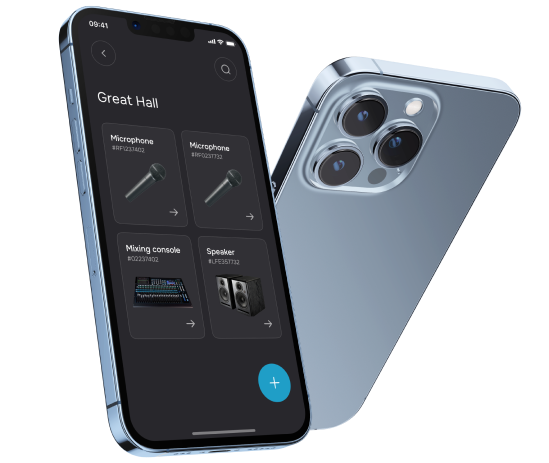
Mobile App for Audio & Video Bridging Ecosystem
- Video Streaming
iOS and Android mobile applications are developed to access and control multimedia systems in meeting rooms. These applications offer features such as scanning QR codes, remote device control, configuration management, network and calendar settings, and dialer functionality.
Mental Health App for Meditation

Telehealth Ecosystem for Matching Speech Therapists and People in Need of Therapy
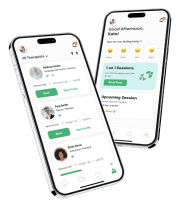
Telehealth Ecosystem for Matching Speech Therapists and People in Need of Therapy
- Healthcare
A telehealth ecosystem connects individuals suffering from various speech and language disorders with therapists specializing in specific conditions. This ecosystem comprises an iOS mobile app for users, a web app for therapists, an admin panel, and a landing page.
Claims Management System for Evaluating Hospital Bills
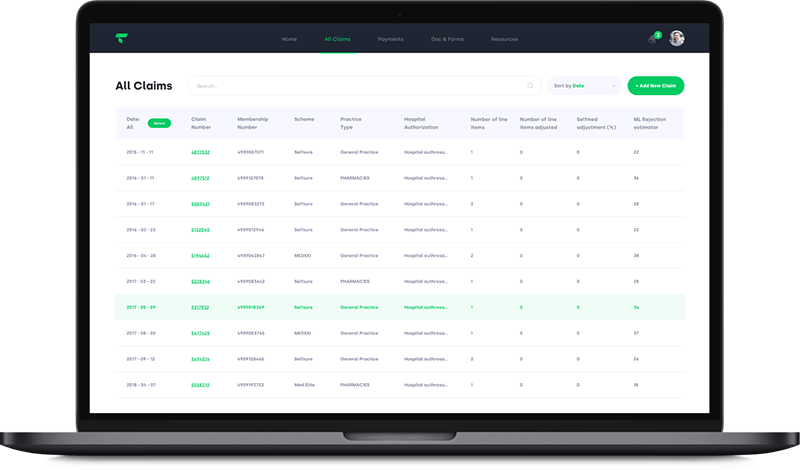
Claims Management System for Evaluating Hospital Bills
- Insurance
- Healthcare
- ML/AI
The healthcare claims management system is a web app that helps medical insurance auditors making a judgment on the claims issued by the medical aid providers. It reduces the costs of claims auditing process and fraudulent risks or human mistakes with the help of machine learning algorithms.
Online Negotiation Training Platform with Video Streaming
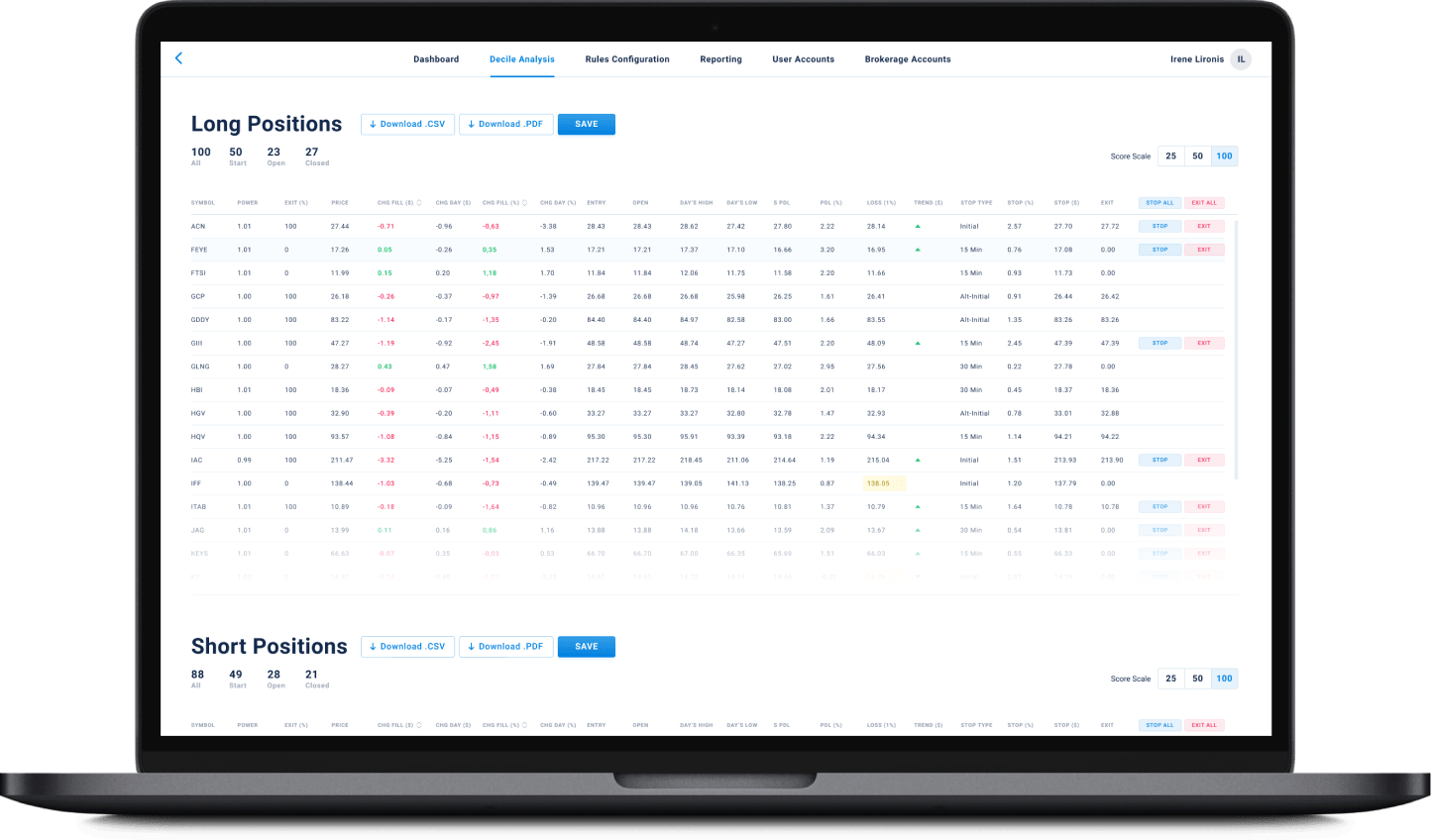
Online Negotiation Training Platform with Video Streaming
- Education
- Video Streaming
Online negotiation training platform with video streaming, coaching and gamification functionality – ratings, tournaments, prizes, different levels of practices and opponents. It helps develop users’ self-confidence and train different negotiation techniques while simulating real-life situations on the online training platform.
Contact Form
Drop us a line and we’ll get back to you shortly.
For Quick Inquiries
Offices
8, The Green, STE road, Dover, DE 19901
Żurawia 6/12/lok 766, 00-503 Warszawa, Poland

